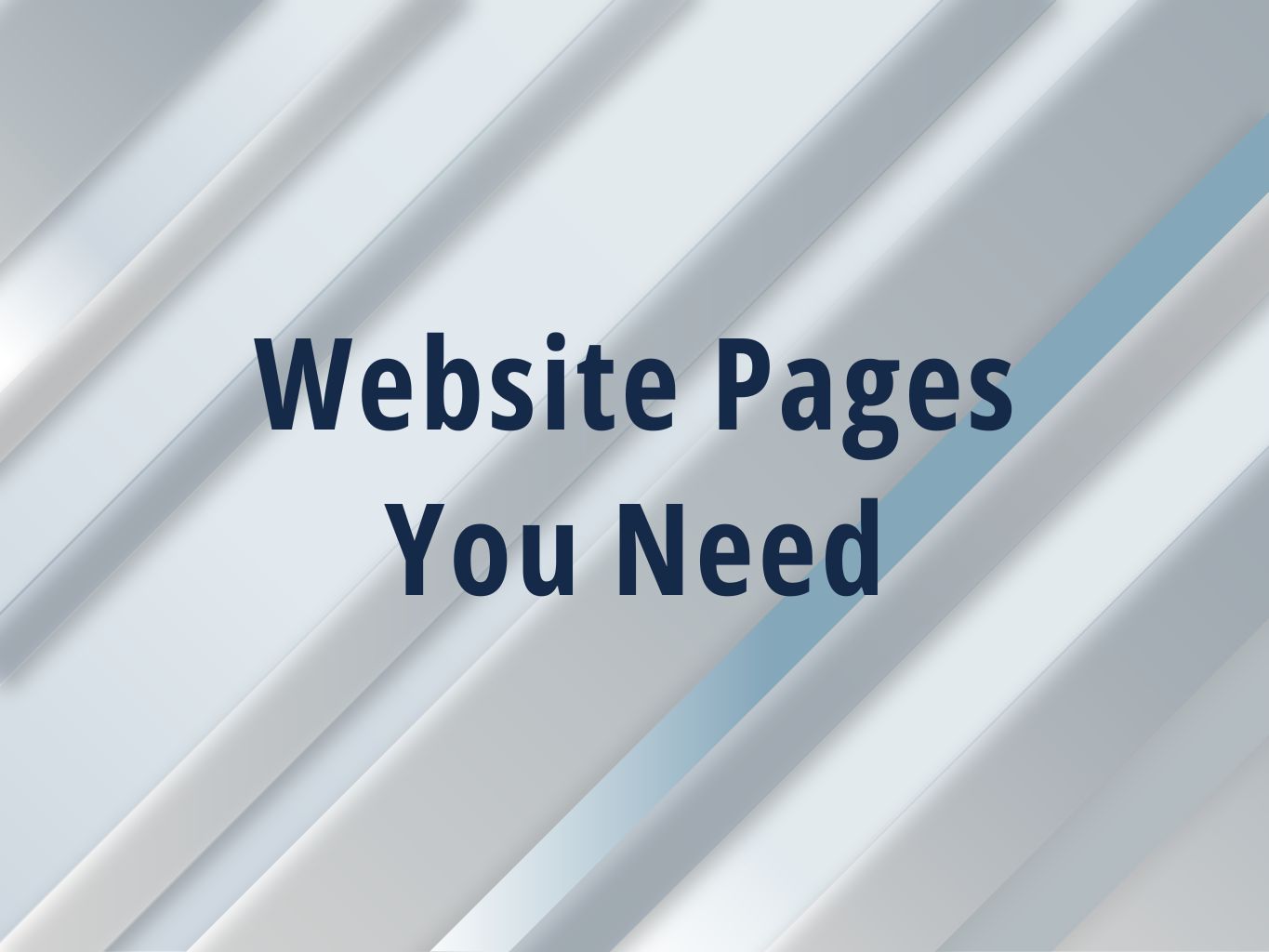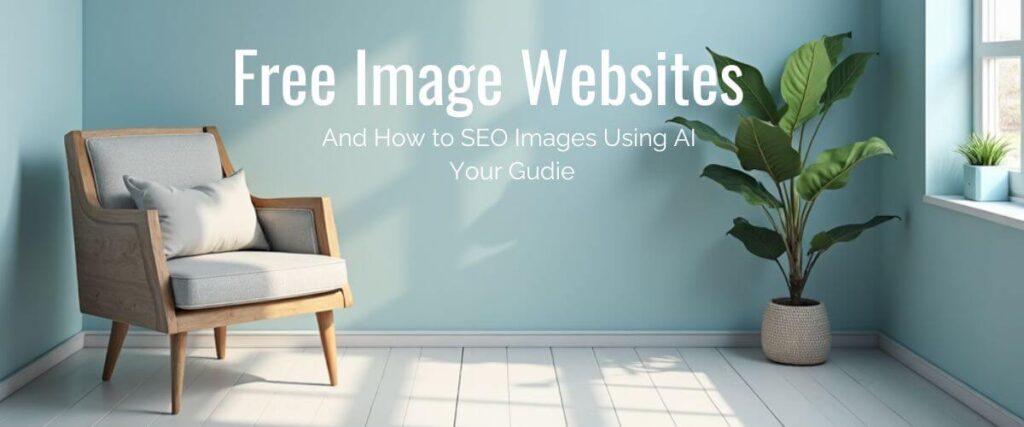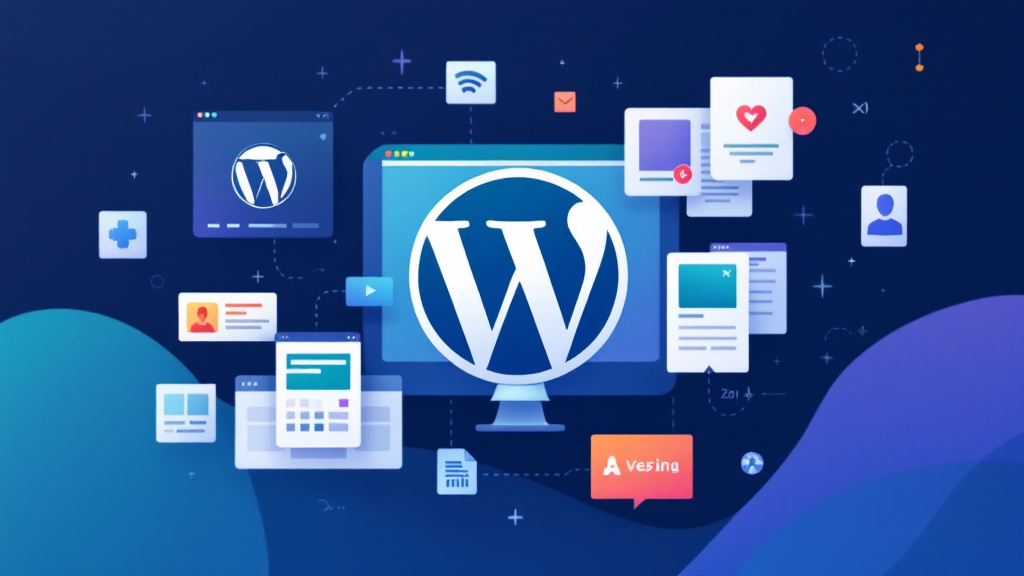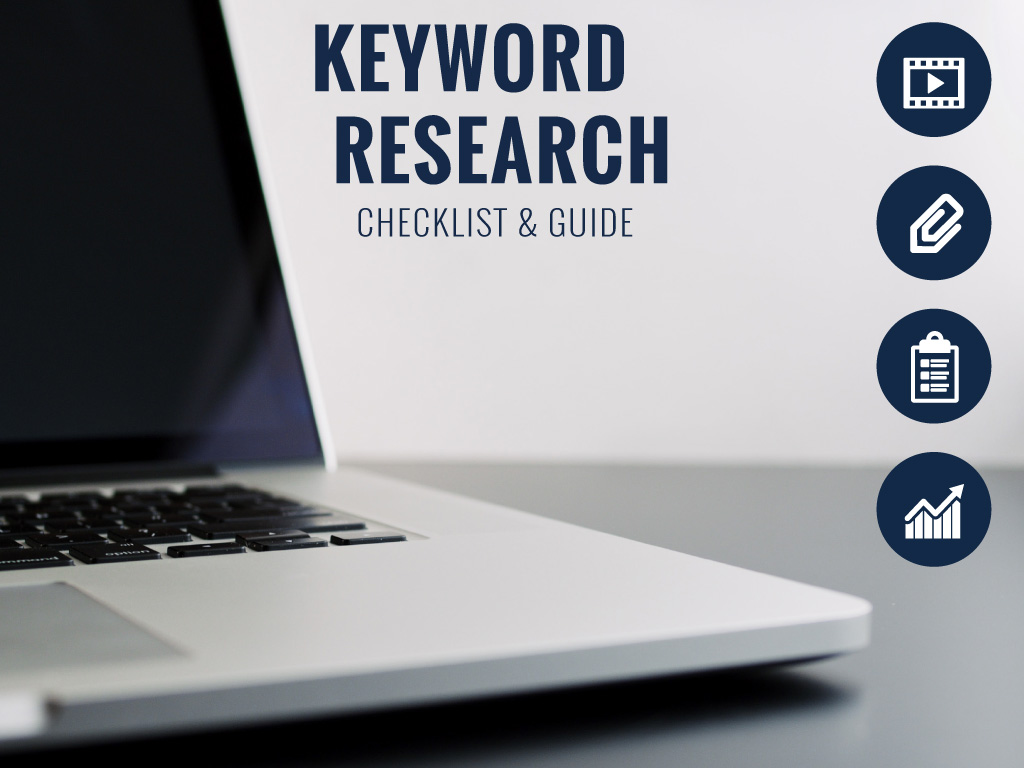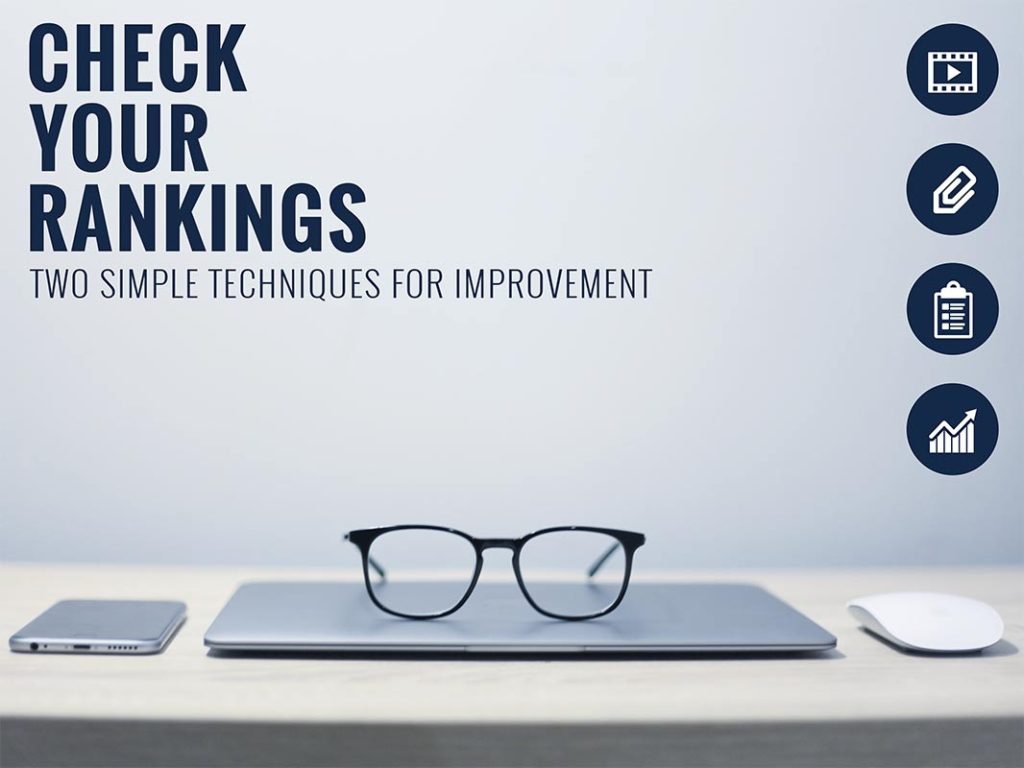What Are The Different Website Pages?
Have you ever wondered what types of website pages you need and why? You should have a 5-page website as a minimum standard. If you’re just a small business doing a single-page website where all the info is on that one page, Greg says fine to do. Being an SEO, I think that is a terrible idea. If you want to get found online, you will want more. That being said, there are some situations where I will admit a one-page website can work, but that is an unusual circumstance.
The Question to answer today is how many website pages you should have and why. Our video below goes deeper into Local Landerpages and doorway pages, so check that out.
How Many Types of Website Pages Are There?
It depends on who you ask from the perspective of server-side website deployment. There are two types of web pages: static and dynamic, but we won’t go there.
Ideally, you have more than one page. Why do we say that? Because it is harder to rank a one-page website on Google. That will change in the future, but for now, and for SEO, a minimum of 5 pages should be on a website.
Different Types of Website Pages
- Home
- About
- Product/Service
- Contact Us
- Privacy Policy
If we dig deeper, we’d add a few more. Why? Because Let’s start with the eight pages that are a must on every small business website. Mailerlight says there are 8, we added a few more to round that out, and we go into further detail about each type of page below.
- Homepage
- About Us page
- Contact page
- Product page (if you offer products)
- Category Page (if you provide products)
- Service page (if you provide services)
- Local Landing page
- Testimonials page
- Portfolio page/case studies page
- Blog page
- Privacy Policy page.
- Terms of Service page.
A website can have various types of pages, each with its purpose and function. Here are some of the essential pages that a website needs and why:
Essential Website Pages To Have & Why
Homepage
The homepage is the first page visitors see when they land on your website. It should provide a brief overview of your website and guide users to other important pages on your site.
About Us
The About Us page provides information about your business or organization, such as your mission, history, and team. This page is essential for building trust with your audience and establishing your credibility.
Products/Services
If you’re selling products or services, you should have a dedicated page that showcases your offerings. This page should include product descriptions, pricing, and images to help visitors make informed purchasing decisions.
Testimonials/Reviews
Testimonials and reviews are powerful tools for building social proof and credibility. You should have a dedicated page featuring positive customer feedback to help potential customers trust your brand.
Contact Us
The Contact Us page should include your contact information, such as your address, phone number, email address, and social media links. This page allows visitors to contact you with questions or concerns.
Blog
A blog is an excellent way to engage with your audience, provide valuable information, and drive traffic to your website. Your blog should have a dedicated page that lists your latest posts and allows visitors to browse your content.
What is the difference between Terms of Service Page and a Privacy Policy Page?
Privacy Policy
A privacy policy is required by law and informs users about how your website collects, uses, and stores their personal information. This page should be easy to find and clearly explain your data handling practices.
Terms of Service
What are a website’s terms of service page? A Terms of Service agreement page is a legal document that helps you set the rules and guidelines your users or visitors must agree to use your website or app. It helps to limit your legal liability while maintaining control over your platform, is what Terms Feed says. https://www.termsfeed.com/blog/sample-terms-of-service-template/
Overall, having a variety of pages on your website helps provide visitors with a complete picture of your business, products or services, and values while offering them different ways to engage with your content.
Want to talkmore about websites and find out what different website pages you should have on your website?

